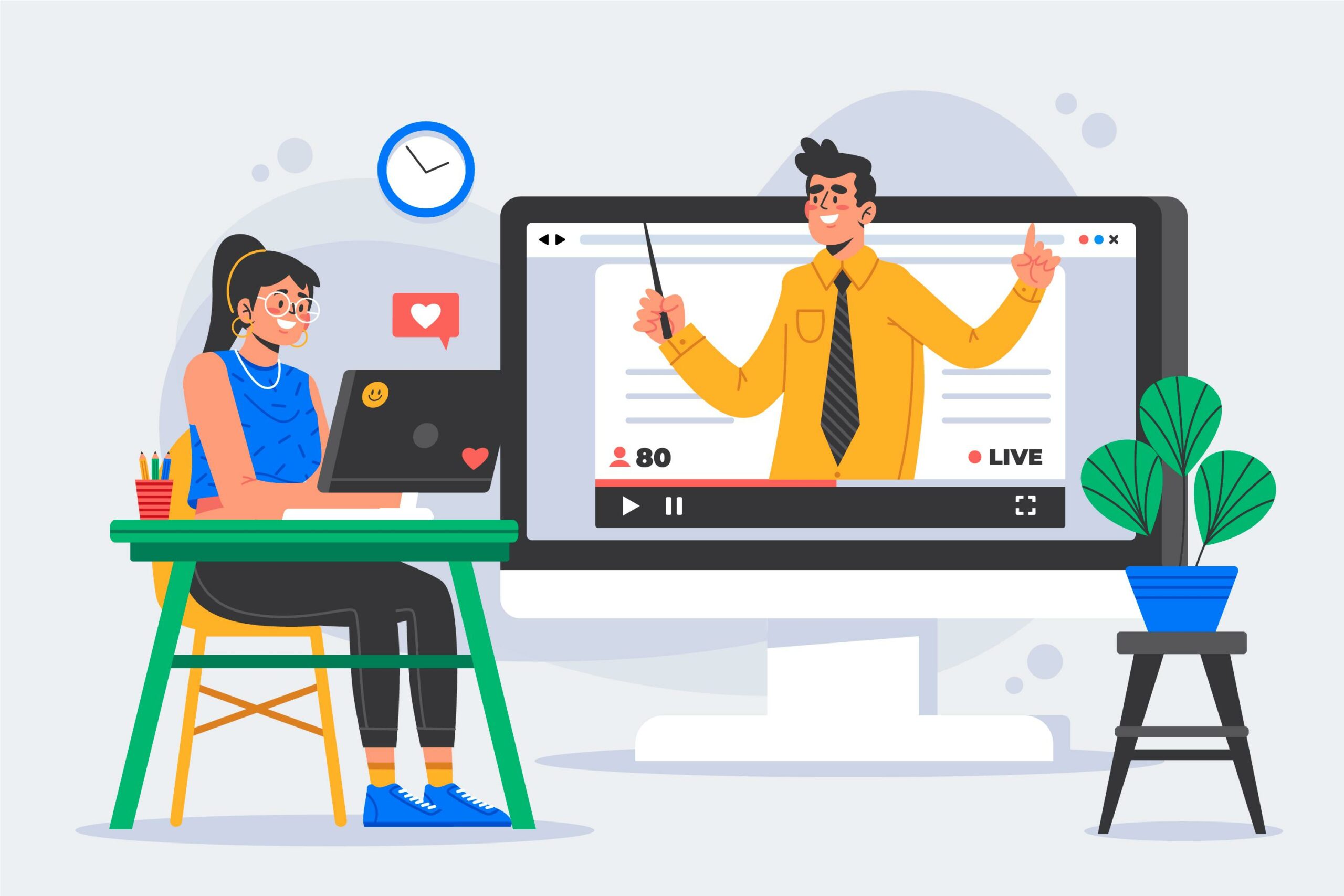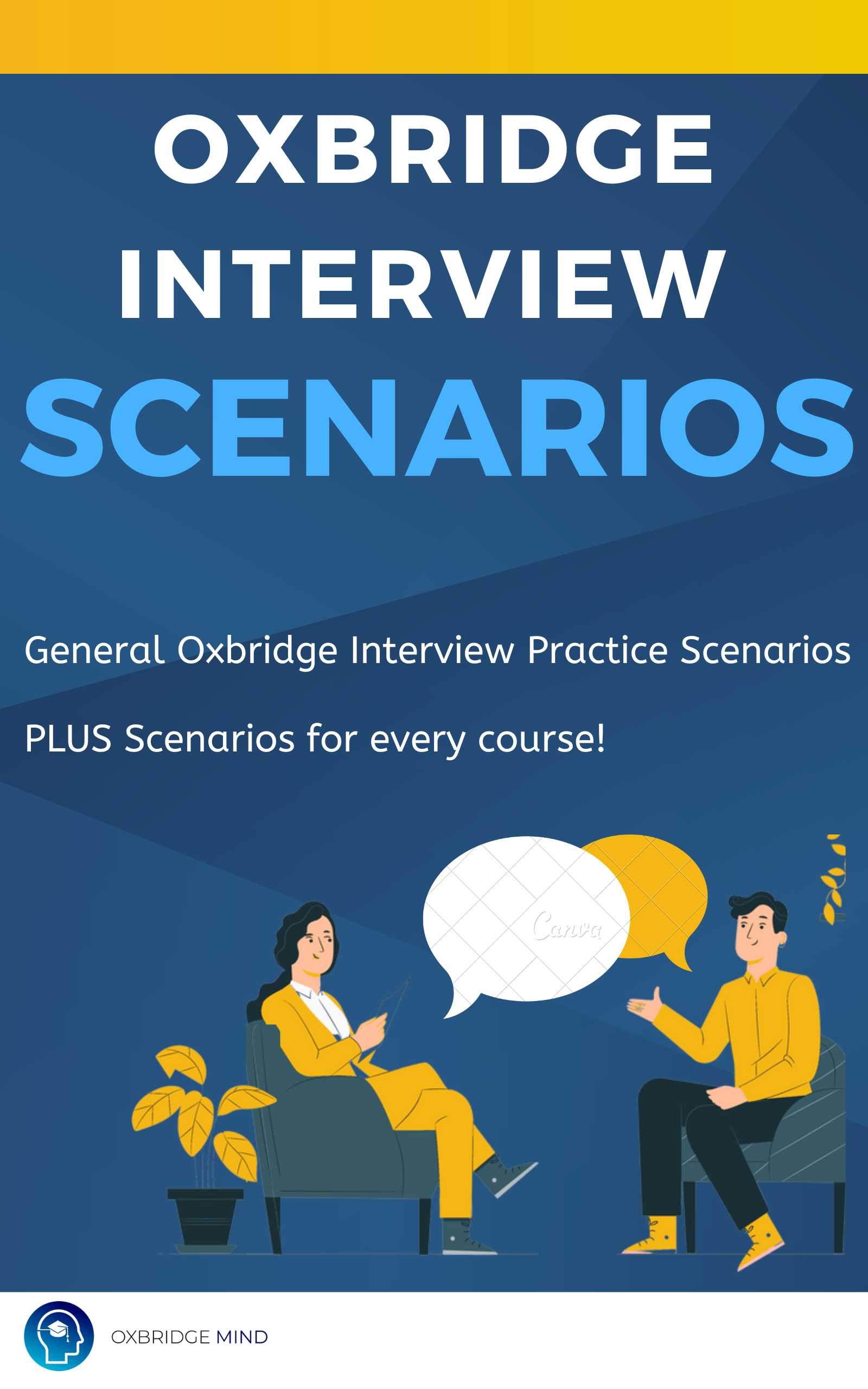This article will give you a better idea of what to expect in your Cambridge History interview – including previously asked questions, to interviews with current students!
What is the Cambridge History interview structure?
Most candidates have 2 interviews that each last around 20-35 minutes in length. Some candidates get pooled to a second college for interviews, and this means you could have up to 4 interviews over a few days!
Candidates are all given prior notice, with most getting an interview timetable, along with who will be interviewing them, a few days in advance.
Interviews take place in December, and Cambridge University has stated that most interviews will take place virtually for the foreseeable future. Make sure you have practised using the technology beforehand!
Example Past Questions from Cambridge History interviews
General questions:
- Why do you want to study History at Cambridge?
- Questions on why I talked about X in personal statement
- What is it about History that most excites you?
- What skills would make you suited to be a successful student at Cambridge?
- Why this college?
- What have you learnt in school that is relevant to the History course at Cambridge?
- Why Cambridge University?
- What can you contribute to college life?
- Discussion on my EPQ topic (if done)
- What did you do in your gap year?
- Discussion of my future plans for study and career
- Why is history worth studying?
- Why should we give you an offer to study History at Cambridge?
- I was asked to summarise a book mentioned in my personal statement and my opinion of it
Cambridge History interview questions:
- How useful are re-enactments to a historian?
- Is history an art or a science?
- Should we remove statues of controversial historical figures from public places, such as the Cecil Rhodes statue in Oxford?
- How do we judge ‘progression’ in history?
- Is History objective or subjective? Should it try to be one or the other?
- Is visiting historical sites important to historians?
- If you could interview anyone from history, who would it be? Why?
- What can historians not find out about the past?
- How do you think historians will judge the way we live 200 years from now?
- If you were a historian in 2100, how would you write the history of the 2010s? What sources would you use?
- Personally, I wasn’t given pre-reading, and instead I was asked about things I mentioned in my personal statement, one of my submitted essays, and the subjects I was covering in college
- My interview focused on my personal statement, which mainly focused on the book I read on Nazi Germany and the US constitution.
- Would History be worth studying if it did not repeat itself?
- Who writes history? Can losers write History?
- Is there a point when we ‘start’ studying History?
- When was the English monarchy at its strongest?
- Is History moving away from the study of great men to that of ordinary people?
- Should the government spend money to preserve historical sites?
- Do historical artefacts belong in their country of origin?
- Are verbal sources more useful than written sources?
- All historical records in the world are lost to a natural disaster. How much of the past could we relearn? How?
- Can history help stop future conflicts?
- To what extent can a historian remain impartial?
- When does history end?
- Do you think History focuses too much on ‘great men’?
What happens on the day of my Cambridge History interview?
One common recurring theme students have reported in their interviews focusing on two aspects: discussion on an unseen source, and a broader discussion on your background and personal statement.
A lot of candidates were given a source to discuss and analyse (such as an extract of text, or a visual source). Most candidates report questions that are either directly related to the materials provided (such as an extract), or materials you have provided them (such as your personal statement or submitted essay).
Interviewers often love asking about your specific historical interests – and it is very possible they will ask about something you mentioned in your personal statement and/or EPQ. Make sure you have touched up on these beforehand!
What do you have to bring to your Cambridge History interview?
Whatever you feel most comfortable in! I wore smart clothes because I felt more confident in them, but the interviewer was wearing jeans and a T-shirt. The interviewers stress they do not care what you wear, they care about your passion for your subject and how you answer the questions!
When are Cambridge History interviews held?
According to Cambridge University, interviews typically take place during the first three weeks of December, with a small number of candidates interviewing in January. Most candidates are interviewed over a period of 2-3 days, but if you get pooled for another round of interviews then this period could be even longer.
Tutors then make a decision based on the performance of the applications, and offers are typically sent out to candidates in mid January.
What if my technology cuts out during the interview?
The interviewers will be used to technology not always working perfectly so do not worry – your interview score will not be affected. Try to remain calm, fix the issue yourself, and notify someone as soon as possible if the issue persists.
What are the Cambridge History interviewers like?
My interview experience was very positive!
I was initially very anxious before my interview, as I was worried about what they may ask me.
For my interview, I was given an extract to analyse half an hour before the interview started. In the interview, both interviewers were extremely understanding – especially when my microphone did not work properly for the first 2 minutes!
They both seemed genuinely interested in what I had to say – we talked about what I mentioned in my personal statement, and about the extract I read (such as my opinion of the source and how useful it is).
It did not feel like a scary interview – more like a conversion between people that have a genuine passion about an interesting subject!
Cambridge History interview tips
Relax beforehand! There is no point stressing the night before, spending all night revising and cramming. This will just make you more stressed and more tired. Get a good night’s sleep and try to relax before the interview starts.
Double check you are prepared beforehand! Such as making sure you are happy using all the technology, and that you have everything you may need during the interview (such as pens, paper and water).
Because many candidates have reported interview questions involving topics they mentioned on their personal statement/submitted essays, we strongly advise going over these to make sure you would be comfortable answering any questions in detail!
Similarly, many candidates have reported questions revolving around current affairs, or questions where interviewees are asked to back up their answers with real examples. We recommend keeping up to date with the news from a variety of sources, such as reputable newspapers, online videos and articles, and considering the reliability of these sources.
Tips for the Cambridge History interview itself
- Try to stay calm! It is totally normal to be nervous – take time to think, structure your answer, and try your best!
- Do not panic if you do not immediately know the answer. Cambridge University states interviewers want to see how you think and apply your current knowledge, rather than just assessing your final answer – so make sure you show the interview how you logically arrive at an answer step-by-step!
- Mock interviews help! Try to practise speaking out loud and on the spot with someone else beforehand!
- Show your passion for their subject! Remember to be smiley, be enthusiastic and practise positive body language!
- Read around your subject, and keep up to date with current affairs! Tutors will often be keen to ask for your own examples to back up your answer, or focus discussion on recent happenings in the news. Keep up to date with what is going on to stand out!
- Know your personal statement and EPQ (if applicable)! The last thing you want is to be asked a question about a book you mentioned, but struggle to answer because you have not touched it in six months!
- Enjoy the experience! Being invited to an interview is an achievement in itself, and see this as an opportunity to discuss your interest with leading academics in the field!
Still need more support with preparing for your Cambridge History Interview? Check out our 1-1 Cambridge History Interview Tutoring to help secure your place at the University of Cambridge!


